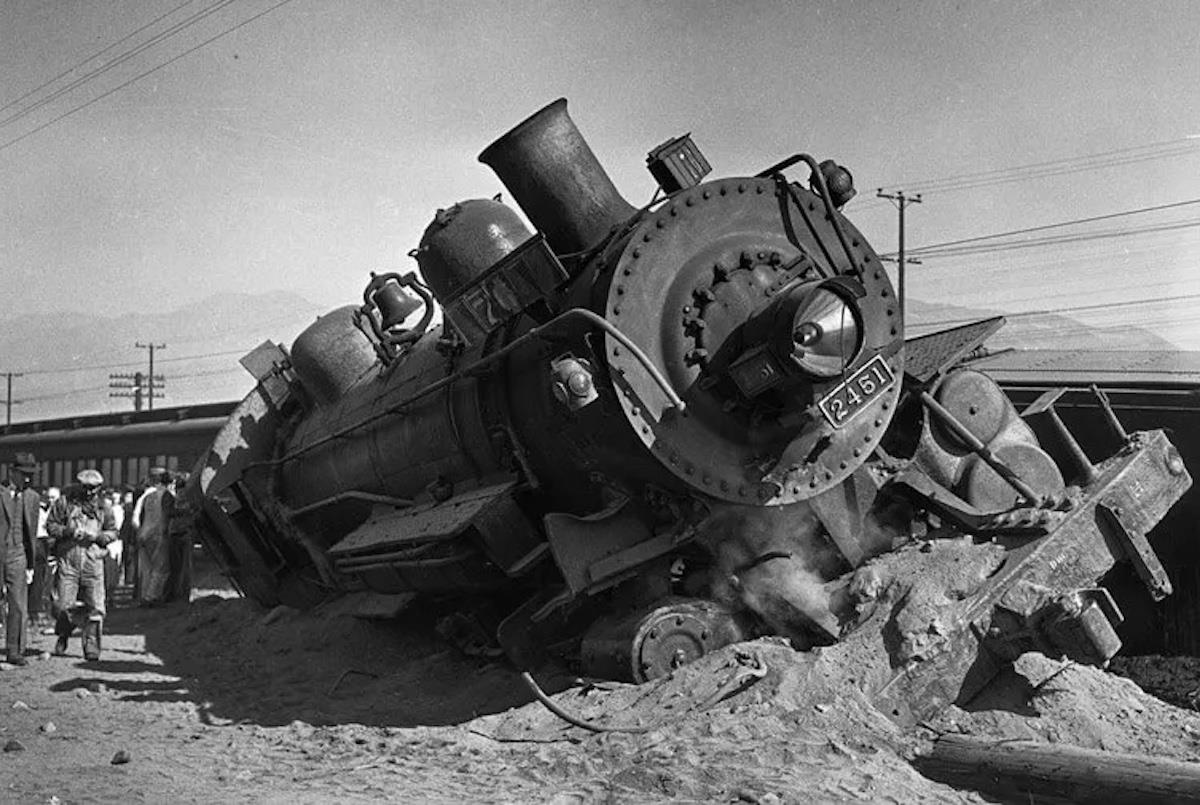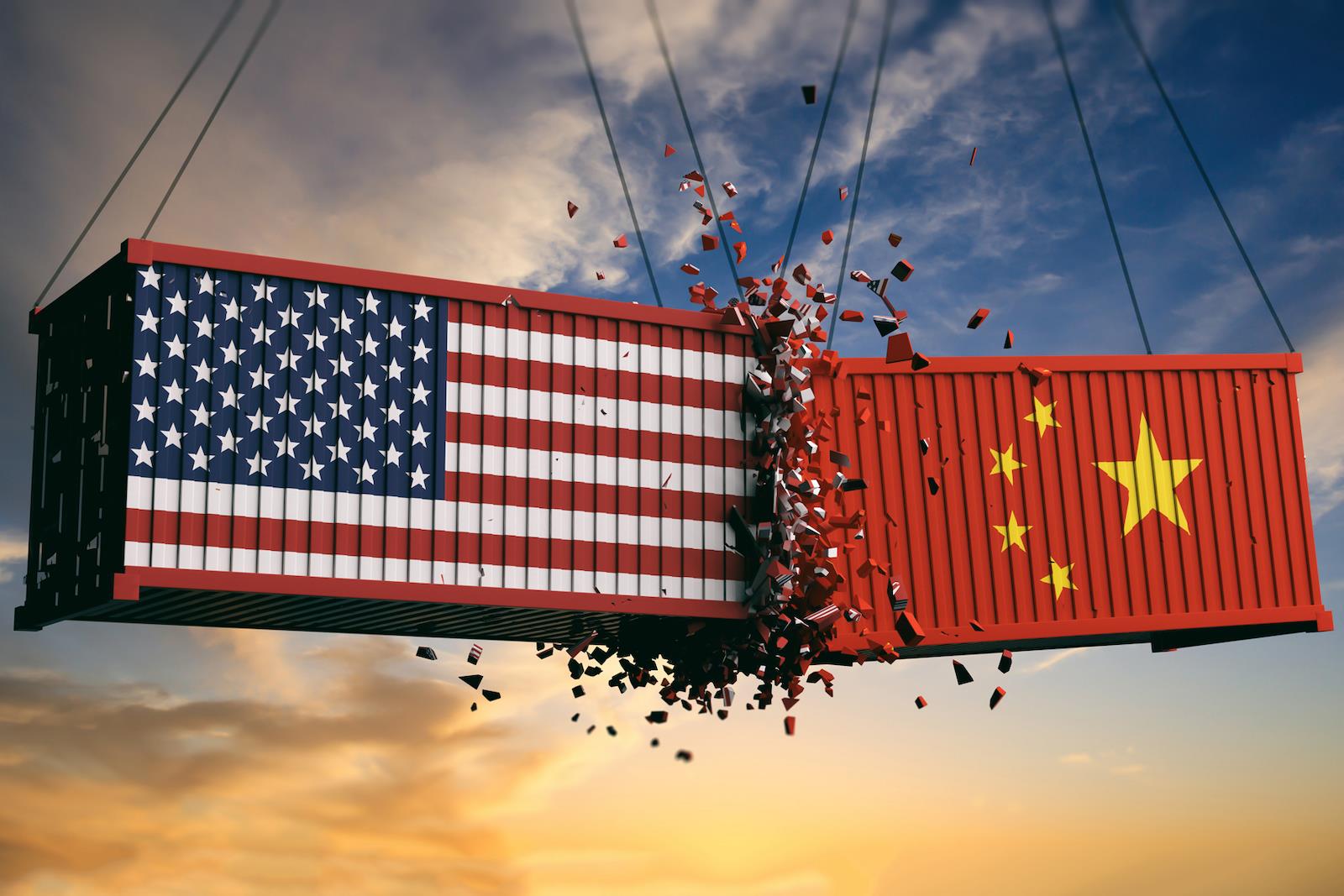
Trump At The Wheel Of An Oncoming Financial Train Wreck
Though Donald Trump's trade war is getting the headlines, it's the gaping disconnect between US net foreign investment versus federal debt that's fast coming to a head.
And forcing the incoming Treasury Department team to devise a plan to stabilize US finances , lest the globe's biggest economy pay a high price from both investors and credit rating agencies.
Until now, Washington has been able to avoid a reckoning - and live wildly beyond its means. Yet that current account imbalance may become harder to finance during the Trump 2.0 era.
One reason is that Washington's chronic complacency is catching up with it. The bill for President Biden's post-Covid-19 borrowing binge to juice consumption is coming due just as foreigners show less appetite for US assets. Another is the risk emanating from Trump's planned supersized tariffs.
These two dynamics are about to collide in spectacular and unpredictable ways - and at a moment when the buyers of US national debt are reluctant to increase exposure to a shaky US dollar.
As Biden prepares to pass the baton back to President-elect Trump, he leaves the incoming administration with a US national debt topping US$36 trillion. Trump angling to make the $1 trillion-plus tax cuts from his first 2017-2021 term permanent and add new ones will exacerbate the problem.
At present, the magnitude of the US net foreign investment position – the difference between foreign assets that Americans own and those assets owned abroad - is nearly the size of US GDP. It's negative $24 trillion compared with negative $18 trillion when Trump left office in 2021.
On Trump 2.0's watch, though, the US will face a fork in the financial road: push its excesses further into the red or devise a strategy to reduce Washington's dependency on imports .
So far, Team Trump seems more willing to go the former route than the latter. More tax cuts would increase America's reliance on the savings of Japan, China and Global South developing nations. His tariffs and trade barriers would boost US inflation and curb consumption.
That could mean slower US growth and less demand for Chinese goods at a moment when Beijing faces weak retail sales and deflation. Chinese households might have even less wherewithal to buy US goods. It also might increase the odds China weakens the yuan to keep exports competitive, kicking off a giant currency war.
“Beyond alienating friends and partners, Trump's tariffs will probably fail to advance his apparent goal of reducing the US trade deficit,” says Takatoshi Ito, a Columbia University
economist who served as Japan's deputy vice minister of finance.
Ito adds that“if other countries adopt retaliatory tariffs, total exports from the US – and global trade overall – may well decline. Moreover, high US tariffs would fuel domestic inflation , forcing the Federal Reserve to raise interest rates, which would probably cause the US dollar to appreciate, causing exports to fall and imports to rise.”

Legal Disclaimer:
MENAFN provides the
information “as is” without warranty of any kind. We do not accept
any responsibility or liability for the accuracy, content, images,
videos, licenses, completeness, legality, or reliability of the information
contained in this article. If you have any complaints or copyright
issues related to this article, kindly contact the provider above.





















Comments
No comment